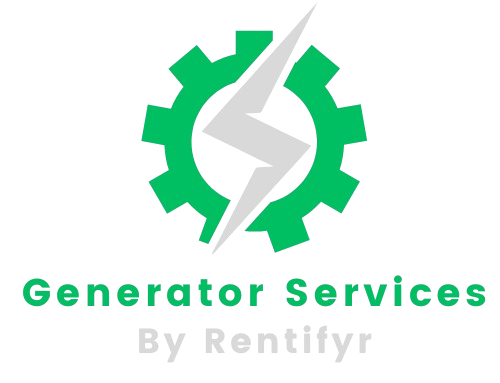When the power goes out, generators come to the rescue. These machines keep our lights on and our appliances running. But what exactly is a generator used for? Simply put, generators provide electrical power when you need it most. They’re handy for homes during blackouts, essential for construction sites, and crucial for emergency services.
How Generators Work
Basic Principles
Generators turn mechanical energy into electrical energy. Think of them as reverse motors. While motors use electricity to create motion, generators use motion to create electricity.
Here’s how it works in simple terms:
- A fuel source powers an engine.
- The engine spins a metal shaft.
- The shaft rotates inside a set of magnets.
- This spinning creates an electric current.
This process is called electromagnetic induction. It’s the core principle behind all generators.
Core Components
Every generator has these key parts:
- Engine: The power source that drives the generator.
- Alternator: Turns mechanical energy into electrical energy.
- Fuel System: Stores and delivers fuel to the engine.
- Voltage Regulator: Keeps the output voltage steady.
- Cooling System: Prevents overheating.
- Exhaust System: Safely removes engine exhaust.
Understanding these parts helps you grasp how generators function.
Generator vs. Alternator vs. Motor
People often mix up generators, alternators, and motors. Let’s clear that up:
- Generators produce electrical power from mechanical energy.
- Alternators are a type of generator that produces alternating current (AC).
- Motors do the opposite – they use electricity to create mechanical motion.
Most modern “generators” are actually alternators. They produce AC power, which is what most homes and appliances use.
Types of Generators
By Fuel Source
Generators come in various types based on their fuel source:
- Petrol Generators:
- Most common for home use.
- Work by burning gasoline to power an engine.
- Good for portable units.
- Diesel Generators:
- More efficient than petrol.
- Often used for larger applications.
- Propane Generators:
- Cleaner burning than petrol or diesel.
- Fuel stores well for long periods.
- Natural Gas Generators:
- Often used for whole-house backup power.
- Connect directly to home gas lines.
By Size and Portability
Generators also vary in size and mobility:
- Portable Generators:
- Easy to move around.
- Good for camping, job sites, or home backup.
- Usually run on petrol or propane.
- Standby Generators:
- Permanently installed at homes or businesses.
- Start automatically when power fails.
- Often run on natural gas or propane.
- Industrial Generators:
- Large units for factories or big events.
- Can produce massive amounts of power.
Understanding Generator Capacity
When looking at generators, you’ll often see “KVA” mentioned. KVA stands for kilovolt-amperes. It’s a measure of apparent power.
To choose the right size:
- List all the appliances you need to power.
- Add up their wattage requirements.
- Choose a generator that exceeds this total.
For determining the correct generator size, consider both running watts and starting watts of your appliances.
FAQs
- What’s the basic knowledge needed to use a generator?
- Understand fuel type and how to refuel safely.
- Know how to start and stop the generator.
- Learn about proper ventilation and placement.
- Understand how to connect appliances safely.
- How many types of generators are there?
There are many types, but the main categories are:
- By fuel: Petrol, diesel, propane, natural gas
- By size: Portable, standby, industrial
- By output: AC or DC power
- What should I know about generator safety?
Key safety tips include:
- Never run generators indoors or in enclosed spaces.
- Keep generators dry and away from water.
- Let the generator cool before refueling.
- Follow all generator safety and usage guidelines carefully.
Conclusion
Generators are vital tools that provide power when and where we need it. From small portable units to large standby systems, they all work on the same basic principles. By understanding how generators work and the different types available, you can choose the right one for your needs.
Remember, while generators are useful, they require proper care. Regular professional generator maintenance and repair can keep your unit running smoothly for years to come.
Whether you’re choosing the right generator for your home or preparing for emergencies, knowledge is power. And with generators, that’s true in more ways than one!
